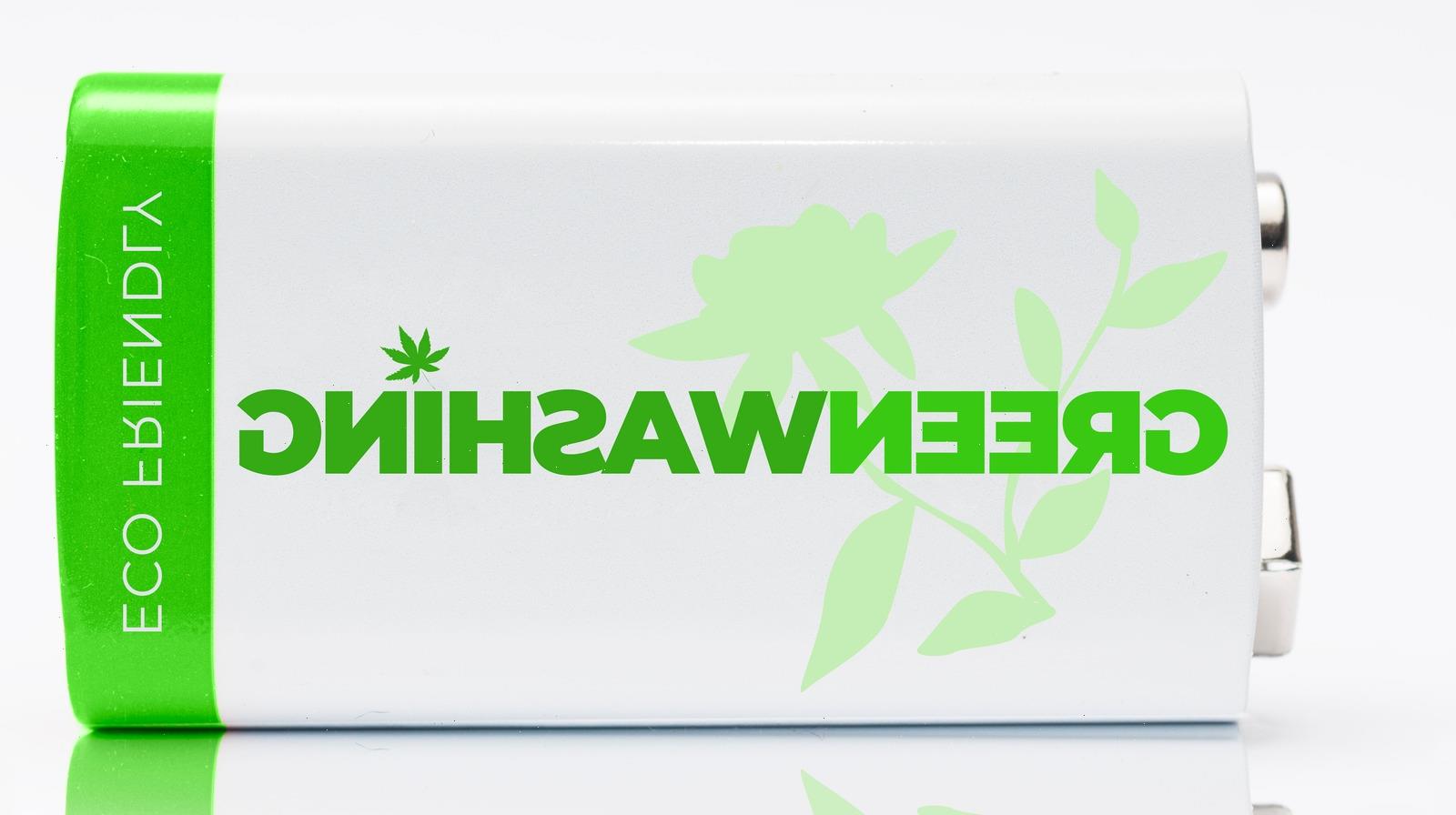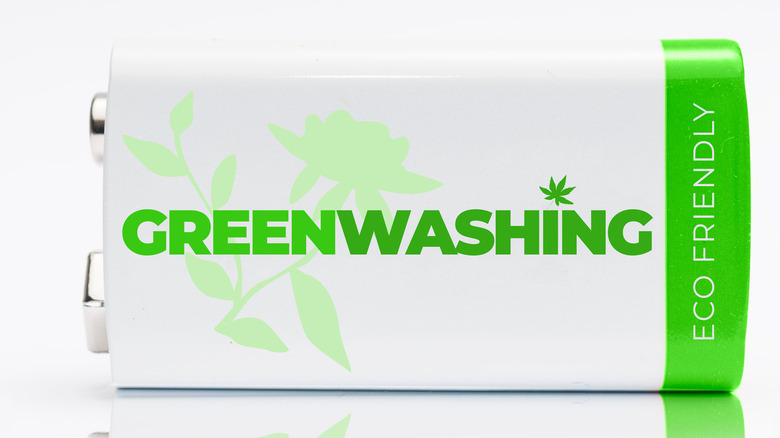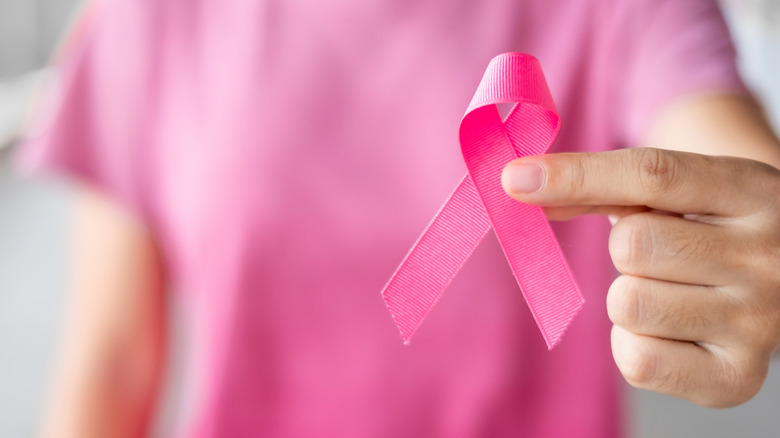You may have heard of the term green-washing to describe companies and marketers making it appear like their products are “natural” or their policies support environmental efforts and responsible, green practices while having very little information to back up their claims. “Green-washing is when a product makes claims to be natural, eco-friendly, organic or environmentally conscious — when they aren’t any of those things — as a sales tactic,” clean beauty expert Jenny Duranski, owner and founder of Lena Rose Beauty, told Real Simple. “This can be done through the products’ descriptions or even the company name, or the use of images or packaging design that would make consumers believe the product is green.”
Popular cosmetic brands like Clinique and Tarte have lately landed in hot water for false claims, and household cleaning products like Dawn Dish Soap and Simple Green All-Purpose Cleaner are on CBS Canada’s list of “10 Worst Household Products for Greenwashing.” Because many labels like “natural” aren’t actually regulated by the government, it’s a good idea to read ingredient labels carefully and to do some research to check whether the products you’re buying can back up their claims. In the case of green-washing, Environmental Working Group’s database is a great resource.
But green-washing isn’t the only type of misleading marketing you’re likely falling for. Cause-washing has become an increasingly-visible problem, especially during months dedicated to certain causes, like Breast Cancer Awareness Month in October and LGBTQ+ Pride Month in June (via Cosmic).
Pink-washing
One perfect example of cause-washing is something known as “pink-washing.” Every October, like clockwork, virtually every item in the supermarket turns pink. Shopping bags, can openers, wine openers, t-shirts, coffee mugs, you name it, it’s pink. This is because October is Breast Cancer Awareness Month, and the color pink became associated with the illness thanks, originally, to The Estée Lauder Companies’ Breast Cancer Campaign (formerly The Breast Cancer Awareness Campaign), started by Evelyn H. Lauder in 1992 (via Breast Cancer Now). A year later she founded the Breast Cancer Research Foundation, a non-profit organization that raises funds specifically and only for breast cancer research. Over time, other non-profits like Susan G. Komen also used the pink ribbon, and soon everyone from coffee shops to cosmetic companies were going pink in October.
But just because something features a pink ribbon doesn’t mean it actually raises money for organizations that actually help people with breast cancer. According to the Breast Cancer Consortium, pink-washing was first known as “the act of supporting the breast cancer cause or promoting a pink ribbon product while producing, manufacturing, or selling products linked to the disease” (via Everyday Health). However, it has since come to encompass an even more common problem: companies exploiting the breast cancer cause for either profit or for a public relations boost. The solution? Before you buy that pink mug, check to see how much (if any) of the proceeds actually go directly to reputable foundations.
Rainbowwashing
Similar to pink-washing is rainbow-washing, which tends to take place most frequently in June, which is LGBTQ+ Pride Month. The issue is similar to pink-washing in that often companies will use rainbow items, rainbow-featuring-social media posts, and rainbow-filled marketing to send out “Happy Pride” messages while also touting their own products or services. Angela Watercutter, senior associate editor of Wired says, “For a long time, I would get excited when I saw companies doing Pride-related ads etc. They might’ve been shallow attempts, but they always seemed better than the days when companies didn’t want their names associated with LGBTQ+ people at all.” Many share that sentiment.
However, the flip side of this is pretty serious, as these corporations and companies may not be donating even a dime to any organization or political candidate that helps to support LGBTQ+ people and their rights. Worse still, there have even been reports of some corporations “celebrating” pride month in their marketing while actively donating to political candidates that are fighting against equal rights for the LGBTQ+ community. In order to ensure that the rainbow items you are buying aren’t guilty of this, you can check this database: progressiveshopper.com.
Source: Read Full Article



